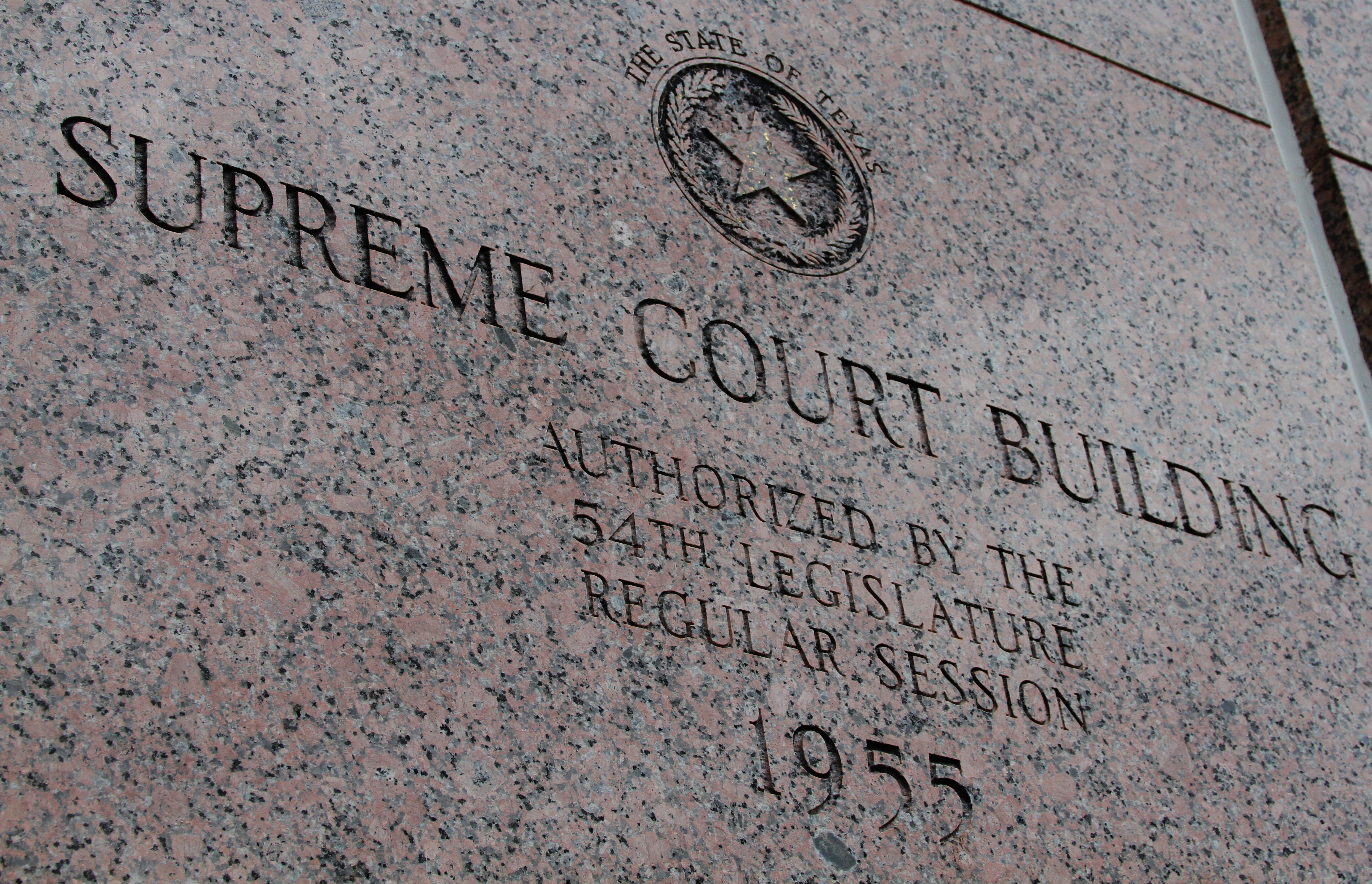City of Dallas v. TCI W. End, Inc.
No. 13-0795
Case summary written by Samantha Kelly, Articles Editor.
Per curiam.
TCI West End, Inc. demolished a building in a historic overlay district in Dallas. A city ordinance requires building owners, before demolition, to apply for a determination over whether buildings in a historic overlay district are subject to strict demolition requirements. The City of Dallas sued TCI for civil penalties for violation of this ordinance under § 54.017 of the Local Government Code, which authorizes civil penalties for ordinance violations, and as authorized by § 54.012 of the code, which lists the types of ordinances a municipality can enforce through a civil lawsuit.
The trial court rendered a judgment awarding the city $750,000 in civil penalties, but the court of appeals reversed. The court of appeals held that §§ 54.012 and 54.017 only apply to health and safety ordinances, not general zoning ordinances like the one that TCI violated. Beyond that, the court found that even if these sections do apply to general zoning ordinances, § 54.017 requires that the property owner be informed of the ordinance before demolition, and the city presented no evidence that TCI had proper notice.
Issues: The Court had to decide (1) whether §§ 54.012 and 54.017 of the Local Government Code apply only to the enforcement of health and safety ordinances and not to general zoning ordinances related to the use of the land, and (2) whether § 54.017 requires that a property owner have actual notice of an ordinance before the owner is in violation of that ordinance.
The Court reversed the court of appeals, holding that § 54.012 is not limited to health and safety ordinances because that reading is contrary to the plain language of the statute and renders the rest of the section meaningless. Section 54.012(3) authorizes municipalities to enforce ordinances “for zoning that provides for the use of land or classifies a parcel of land according to the municipality’s district classification scheme.” Tex. Loc. Gov’t Code § 53.012(3). The language expressly encompasses the city’s zoning ordinance, and the words “health” and “safety” are not included anywhere in the section. Furthermore, three other subsections of § 54.012 limit the kinds of ordinances that are enforceable to those involving health and safety. For example, § 53.012(1) applies to ordinances “for the preservation of public safety relating to [building construction].” The court of appeals’ construction undermined the carefully chosen words of the legislature.
The Court also addressed the court of appeals’ alternative holding. Section 54.017 allows civil penalties for violations of ordinances after the property owner received notice of the provisions or failed to take action to comply with the ordinance after receiving the notice. Tex. Loc. Gov’t Code § 54.017(a). The court of appeals concluded there was no evidence that TCI had actual notice of its violation, but it did not consider whether TCI could have complied with the ordinance had it received notice. Therefore, the court of appeals erred by failing to consider whether the penalty awarded by the trial court could have been upheld under this section of the statute.
For these reasons, the Court overturned the court of appeals and remanded the case for findings consistent with its holding.


